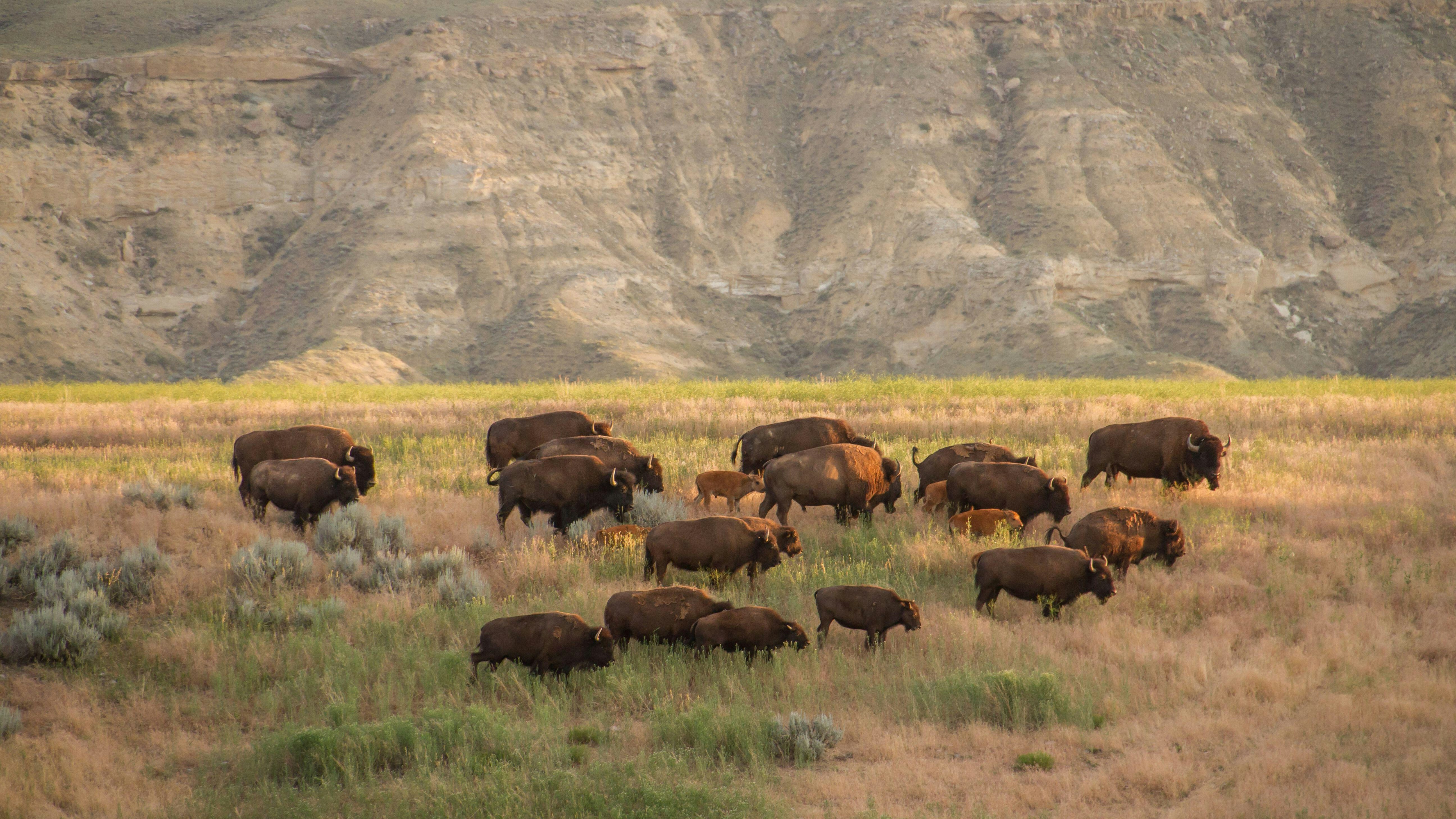Wyoming prosecutors can now charge people who are not American Indians for crimes they commit on a reservation against American Indian victims, according to a U.S. Supreme Court ruling on Wednesday.
When a tribal reservation such as Wyoming’s Wind River Indian Reservation falls within state borders, crimes committed by Indians generally may only be prosecuted by tribal or federal authorities.
Crimes by non-native people against other non-native victims, meanwhile, can be prosecuted by the state.
But in the case of crimes by non-native people against Native Americans, the law has not been entirely clear on how to proceed.
Until now.
“(The ruling) allows me to prosecute a non-native, who commits a crime against a native person on the reservation,” said Fremont County Attorney Patrick LeBrun.
LeBrun said he also believes that because the Supreme Court opinion is merely clarifying a longstanding ambiguity in Indian law, it also may apply retroactively to previous cases where no charges were filed because of uncertainty.
But LeBrun, who for more than seven years has had the tricky job of prosecuting crimes in a county containing an Indian reservation, said no uncharged cases come to mind.
Abortion Jurisdiction
Reflecting on the Supreme Court’s decision to overturn Roe vs. Wade, LeBrun on Wednesday told Cowboy State Daily that he has a clear-cut ability to prosecute non-natives for performing abortions on the reservation if the person receiving the abortion is also non-native.
Wyoming is slated to outlaw nearly all abortions in less than a month, but the Wind River Indian Reservation has no tribal or federal law against abortion for American Indians.
“If I have jurisdiction, I’ll prosecute,” LeBrun said Wednesday.
But LeBrun said Wednesday’s ruling could also mean his jurisdiction would expand to abortionists performing the operation on American Indians.
In the case of a white doctor aborting a native baby carried by a white mother, LeBrun said he’d look at each case as it comes, considering all facts and details on an individual basis.
“(The ruling) does open up that option… but I never comment on specific cases,” he said.
Even given federal jurisdiction over natives, an abortionist hoping to operate on the reservation still faces a series of hurdles, such as obtaining and keeping a state medical license, as Wyoming lawmakers look to tighten those criteria following the new abortion ban.
AOC’s Plan To Put Abortion Clinics On Fed Land In Wyoming Not Very Feasible | Cowboy State Daily
Riverton Still Not Tribal Land
The Supreme Court’s new ruling was given in response to Oklahoma vs. Castro-Huerta, in which a non-native man had argued unsuccessfully that the state could not convict him for severely neglecting his American Indian stepdaughter on the reservation.
Blind and suffering from cerebral palsy, the 5-year-old girl in 2015 was found dehydrated, weighing just 19 pounds, and covered in lice and excrement.
But the Castro-Huerta decision also narrows the 2020 court precedent in McGirt vs. Oklahoma.
In McGirt, the high court gave huge portions of Oklahoma back to the Creek Nation, saying the tribe’s reservation was wrongly diminished by the state.
Although the federal government in recent years argued that the Wind River Indian Reservation was wrongly diminished in 1905 and the town of Riverton, therefore, should be under tribal and federal control, the Supreme Court in 2018 rejected that argument, saying Congress was clear in its intent to diminish the reservation more than a century ago.
McGirt didn’t change that, said LeBrun.
“In McGirt, tribal members were allowed to sell their land to non-natives,” he said. Once non-natives had acquired a significant portion of land formerly owned by tribal members, “frankly, Oklahoma just took jurisdiction.”
But in Wyoming vs. EPA, the decade-long case affirming Riverton as a town under state jurisdiction, the court upheld the 1905 Act, a specific Congressional statement that diminished the Wind River Indian Reservation.





